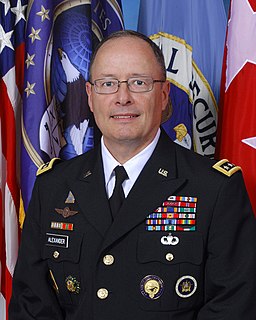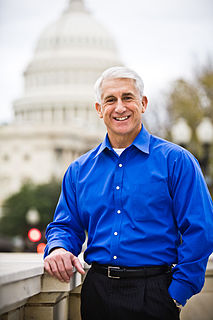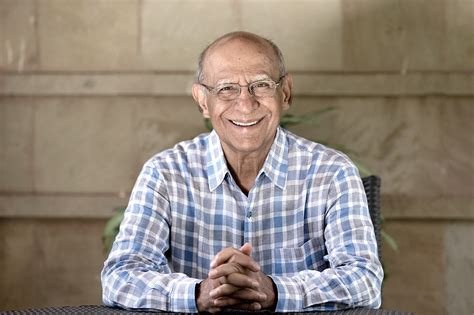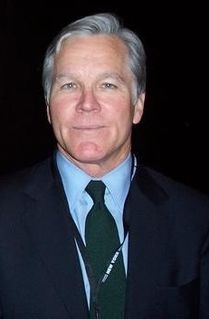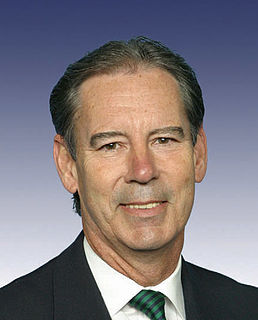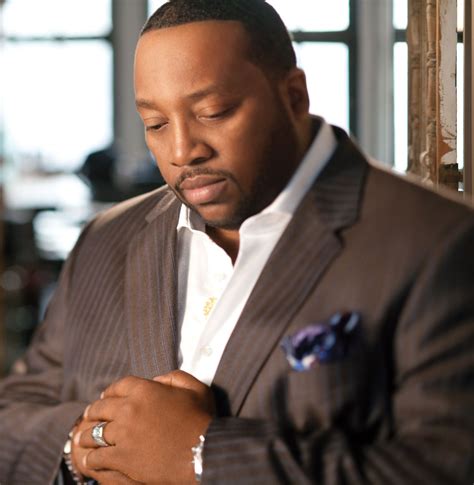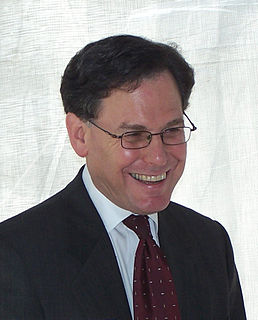Top 1200 Invasion Of Privacy Quotes & Sayings - Page 20
Explore popular Invasion Of Privacy quotes.
Last updated on April 19, 2025.
I grew up believing my sister was from the planet Neptune and had been sent down to Earth to kill me. I believed this because my sister Emily convinced me of it when I was a toddler. I think she'd seen Invasion of the Body Snatchers and her imagination ran away with her. There's a part of me that still believes it.
I think individuals have a right to privacy, but that ought to include the right to prevent private institutions from monitoring what you do and building up a personal profile for you so that they can direct you in particular ways by their effective control over the internet, and that doesn't happen of course.
Australians and New Zealanders don't talk about Gallipoli in terms of invasion. I started talking about it and using that word and at first there were a few people who were getting upset in the same way that in any country, if you work for a newspaper you know exactly the dude you can go and talk to get a knee-jerk reaction when it comes to something to do with the military.
When something like this [2003 invasion of Iraq] takes place, the international law professionals have a complicated task. There is a fringe that just tells the truth: Look, it's a violation of international law. But most have to construct complex arguments to justify it as defense counsel. That's basically their job, defense counsel for state power.
Iraq's invasion of Kuwait is a case of bad men doing wrong things for wicked reasons. This is the full-sized or standard purebred evil and is easily recognized even by moral neophytes. Other malignities-drugs in America, famine in Africa and everything in the Middle East-are more complex. When combating those evils people sometimes have trouble deciding whom to shoot.
We should have an army so organized and so officered as to be capable in time of emergency, in cooperation with the National Militia, and under the provision of a proper national volunteer law, rapidly to expand into a force sufficient to resist all probable invasion from abroad and to furnish a respectable expeditionary force if necessary in the maintenance of our traditional American policy which bears the name of President Monroe.
Russia is a country that has supported, propped up the worst of anti-democratic regimes in the Middle East, that has practiced - mistreated its own press, mistreated its own civil society, and economic intimidation of its neighbors, including invasion of its neighbors.I mean, this is the one country on the face of the earth with the capacity to obliterate the United States.
In less than seven years the vestiges of the Gothic invasion were almost obliterated, and the city appeared to resume its former splendour and tranquillity. The venerable matron replaced her crown of laurel, which had been ruffled by the storms of war, and was still amused in the last moment of her decay with the prophecies of revenge, of victory, and of eternal dominion.
The US cannot be brought to the World Court for major crimes, for example the supreme international crime, invasion, or violation of the UN Charter, or violation of the Genocide Convention, these are things the US is exempt from, because they exempted themselves from being subjected to international treaties in World Court proceedings.
It's strange for me to say it, but this process of change has started because of the American invasion of Iraq. I was cynical about Iraq. But when I saw the Iraqi people voting three weeks ago, 8 million of them, it was the start of a new Arab world. The Syrian people, the Egyptian people, all say that something is changing. The Berlin Wall has fallen. We can see it.
My family left Afghanistan in 1976, well before the Communist coup and the Soviet invasion. We certainly thought we would be going back. But when we saw those Soviet tanks rolling into Afghanistan, the prospect for return looked very dim. Few of us, I have to say, envisioned that nearly a quarter century of bloodletting would follow.
Of all the systems of the body - neurological, cognitive, special, sensory - the cardiological system is the most sensitive and easily disturbed. The role of society must be to shelter these systems from infection and decay, or else the future of the human race is at stake. Like a summer fruit that is protected from insect invasion, bruising, and rot by the whole mechanism of modern farming; so must we protect the heart.
Take away from the courts, if it could be taken away, the power to issue injunctions in labor disputes, and it would create a privileged class among the laborers and save the lawless among their number from a most needful remedy available to all men for the protection of their business interests against unlawful invasion.... The secondary boycott is an instrument of tyranny, and ought not to be made legitimate.
The Simpsons and Futurama are such big projects, going on for years and working in different media, that everything involved with them, promotion and merchandise and online presence and all the rest, deserve to be scrutinized, so that's part of it. I have a great deal of sympathy for anyone at the core of a multimedia juggernaut, even if you might not care for the specific pop-culture invasion of your brain. The people who do it work really hard.
Who was it in Afghanistan who screwed up in Tora Bora and let bin Laden escape? It was the Bush Administration. Who leached all the resources, military and civil, from Afghanistan, creating the instability that we see there today in order to prepare for the misbegotten invasion of Iraq? It was the Bush administration. If there's a terrorist problem today, who is responsible now? Bush has not done the job.
Since losing his reelection in 2002, Barr has lost not only his power but also many of his friends. It doesn't help that after alienating nearly every Democrat with impeachment, he spent the next five years alienating his fellow Republicans - railing against the invasion of Iraq, the PATRIOT Act, and the Bush administration in general.
